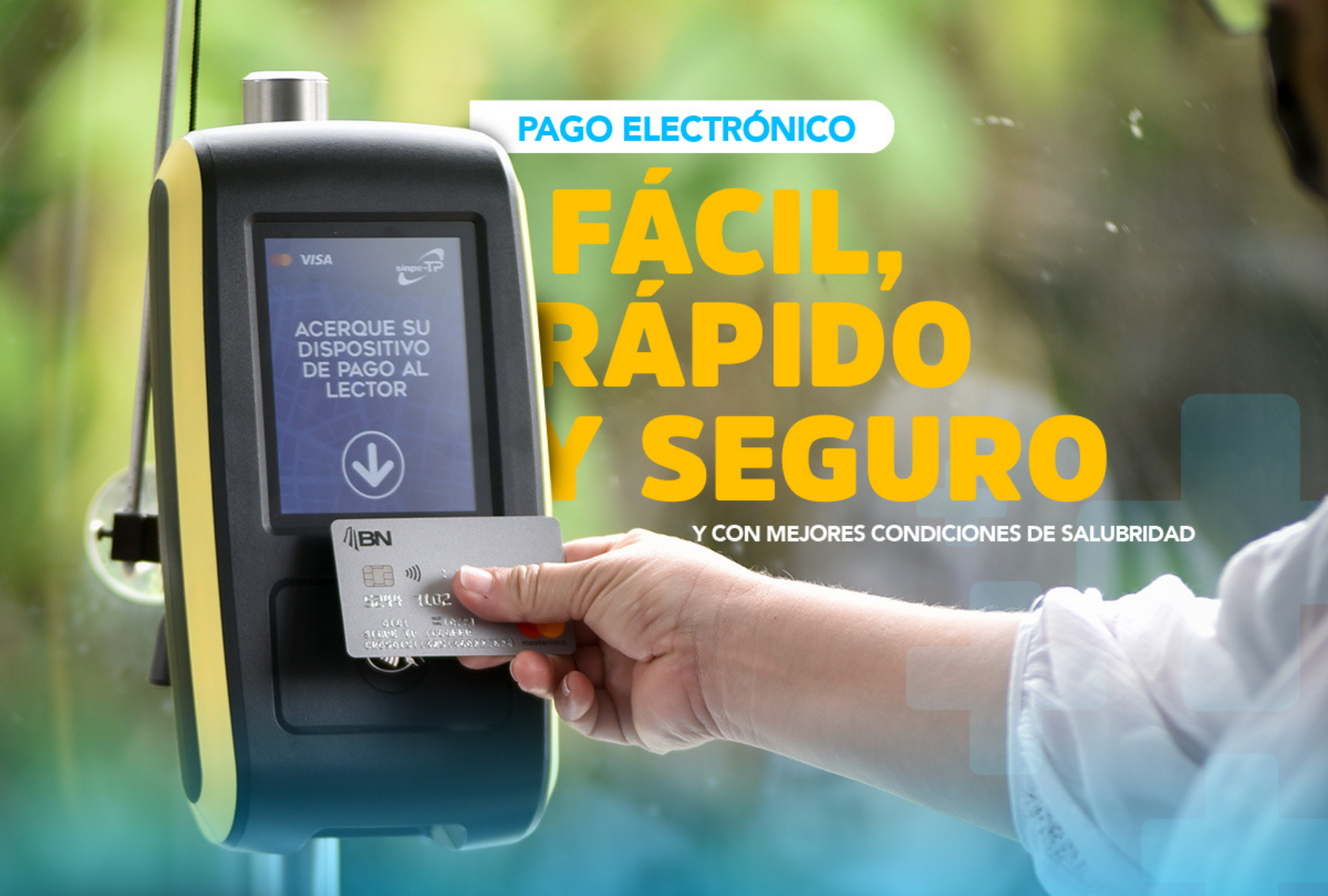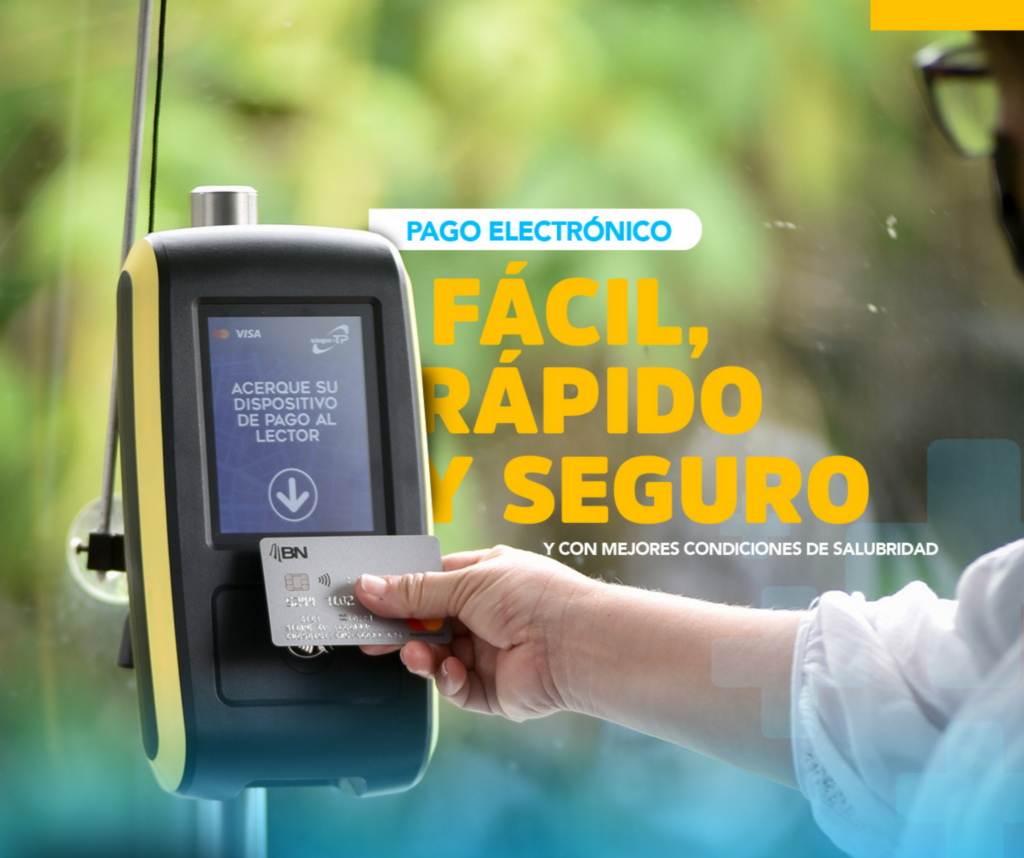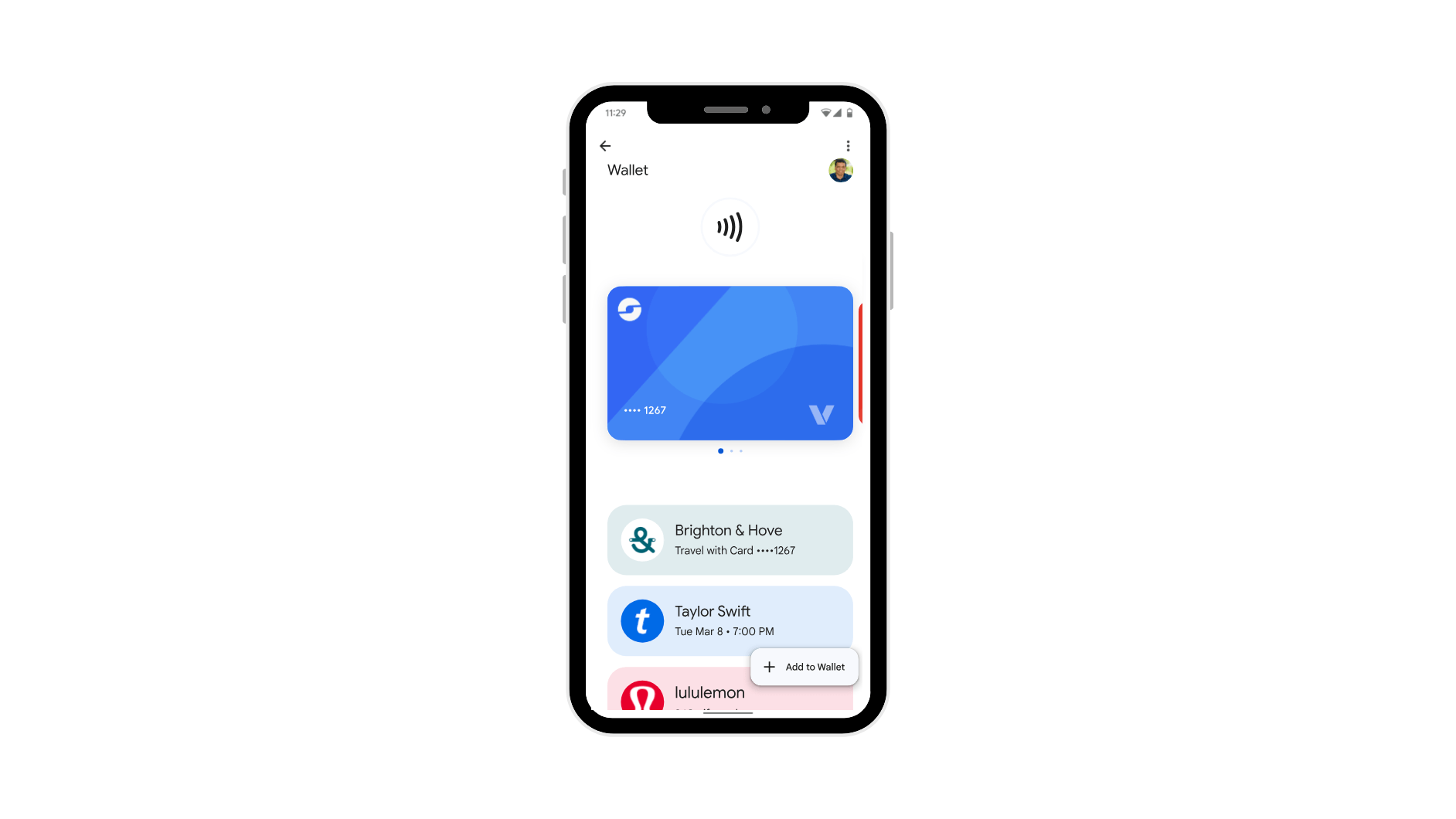Littlepay selected for Costa Rica’s National Electronic Payment System for Public Transportation (SINPE-TP)
by Andreea

- In a world first, a central bank is managing the deployment of a nationwide open payment system for public transport.
- Littlepay was selected by the Central Bank of Costa Rica through an international tender, to procure its cloud services for transit payment processing.
- For this new national, multimodal, multi acquirer, interoperable payment system, Littlepay will provide technological and operational support with the integration of its platform with payment terminals and acquiring banks.

Today, Littlepay has announced it was selected as a contractor of the Central Bank of Costa Rica (BCCR) to facilitate contactless EMV payments within the framework of the implementation of the National Electronic Payment System for Public Transportation.
This is a project with state-of-the-art technology and national coverage, which will operate with a multi-modal, multi-acquirer and interoperable business model.
The new SINPE-TP infrastructure will allow users to pay in transit with their bank card for pay-as-you-go (PAYG) trips. Littlepay will process open payments within the new Costa Rican public transport contactless payment ecosystem.
SINPE-TP infrastructure
With a centralised infrastructure, Costa Rica’s government aims to make fare collection on public transport more efficient and secure. By improving passenger experience, it hopes to promote greater use of public transport in the country.
The Central Collection System (back office) will be connected to Littlepay’s payment platform and will receive transaction (tap) data from passengers made onboard buses and the train service that operates in the center of the country.
The cost of trips is calculated based on fare models defined by national transport authorities. The SINPE-TP will ensure the correct collection of fares and distribution of revenue among operators.
The system will launch with flat fares initially; however, due to its conceptual design it can be configured to apply fare caps and discounts, as well as other fare models that Costa Rican transport services may require in the future. It is also designed to process payments with QR codes and mobile wallets.

Advantages for transport operators
In addition to improving the payment experience of public transport users, the Costa Rican government anticipates a number of benefits for transport operators:
- Operational cost savings by reducing the volume of cash collection
- Increased safety of drivers, as a result of less cash handling on board
- Streamlined process of boarding passengers
- Improved hygiene as a result of contactless technology
SINPE-TP currently operates on all train routes managed by Costa Rica’s state-owned rail authority Incofer (Costa Rican Railway Institute), and it will be gradually introduced to bus services, starting with an initial launch across 200 buses during 2022. It will enable public transport passengers to use their contactless debit or credit cards, or contactless-enabled device, to pay for their fares, no matter the route or operator.
With expansion nationwide, the system will operate on 5,000 buses and it’s estimated that the volume of transactions will amount up to 600 million per year.
Costa Rica leader in the adoption of contactless payment
Since 2015, the BCCR, card issuers and acquirers have worked together to position Costa Rica as a Latin American leader in the adoption of contactless payments. By the end of 2021, 98% of cards in circulation in the country had contactless technology (1.7 cards per capita), and approximately 77% of all card transactions were contactless.
The public transport sector has been at the forefront of the BCCR’s strategy for the digitisation of the Costa Rican payment system, with a strong focus on contactless payments. The BCCR has estimated that incorporating contactless open loop payments into public transport services could reduce cash payments nationwide by 25%.
Public governance
In a first for the sector, the Costa Rican government commissioned the BCCR to implement a new fare collection system developed under the principle of digital sovereignty, in order to mitigate dependencies with suppliers and facilitate greater system adaptability as new technologies and needs emerge.
As part of this technological dynamic, Littlepay will support BCCR to integrate a variety of validators into the system, and thus allow transport operators to choose, among different payment terminals, the option that best suits their needs and preferences.

Answering public transport’s interoperability question
We’re honoured to be selected to play an integral role in this truly innovative, national, transit payment system. The forward thinking approach taken by the Costa Rican government and the BCCR will deliver the interoperability and seamless travel experience that so many cities around the world aspire to.
Littlepay’s modular payments infrastructure and APIs are designed to plug and play with various hardware, software and payment systems, and adapt to future changes in technology. We look forward to working with our partners to get this project launched.
Amin Shayan, CEO of Littlepay
Littlepay is working with two acquiring banks (BAC-Credomatic and Banco Nacional) as part of the integration process, and others may integrate in the future.
Initially, the system will support payments made using Mastercard, Visa and American Express contactless cards and their linked devices. At a later stage, mobile wallet options such as Google Pay and Apple Pay will be added, as well as mobile QR code payments.
We are bringing together two important industries for the benefit of people: the financial industry and the public transport industry. The first provides a set of payment instruments and their funding mechanisms; the second promotes banking and financial inclusion to the population at the base of the pyramid, through transit payments digitalisation.
Thus, both industries will be jointly generating high-quality data for planners, regulators and supervisors of passenger mass transit. The knowledge and solutions of Littlepay was the piece of technology that allowed us to achieve the operational and transactional convergence of these important industries. Their partnership brings specialised knowledge, which they’ve developed from carrying out multiple projects around the world.
Carlos Melegatti Sarlo, Payment Systems Division Director, Central Bank of Costa Rica
Example of governance and cooperation
SINPE-TP has been an example of inter-institutional coordination. In Costa Rica since 2017, joint efforts have been made between the regulatory authorities and the representative chambers of public transport operators, for the creation of a committee that collectively appointed the BCCR as technical leader to implement the system and issue its regulations. In this role, it has considered all the actors in the sector involved, including the Ministry of Public Works and Transport (MOPT), the Public Transport Council (CTP), the Regulatory Authority for Public Services (ARESEP) and the Costa Rican Railway Institute (Incofer), as well as the representative chambers of the country’s bus operators companies.
The government authorities have strongly supported the project to make a modern, safe, inclusive and low-cost payment system available to citizens; and its development has also been a key part of the National Transportation Plan.
To keep up with Littlepay news, please subscribe to our newsletter
Trending Topics

Project Highlights: Washington DC’s record breaking upgrade to accept open loop payments

Nevada County Connects leverages Cal-ITP’s Mobility Marketplace to elevate the payment experience across its bus network

 Insight
Insight
 Knowledge
Knowledge
 News
News
